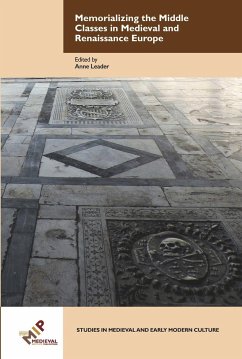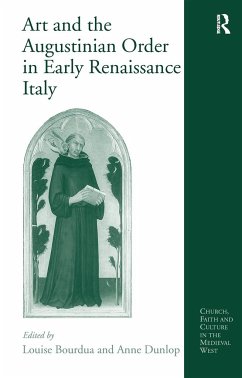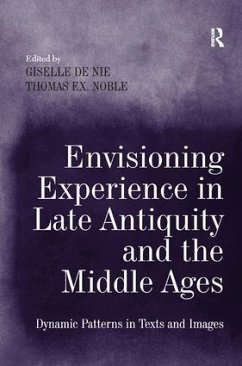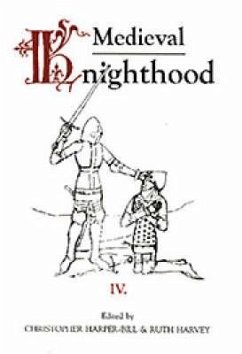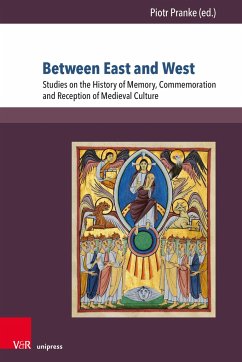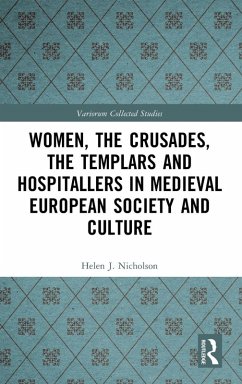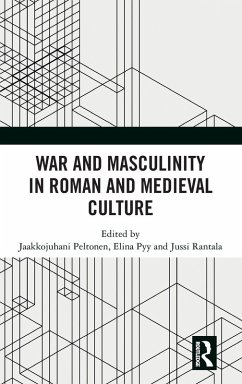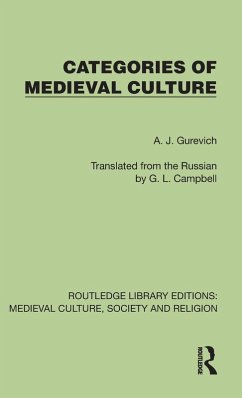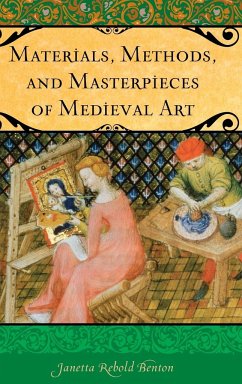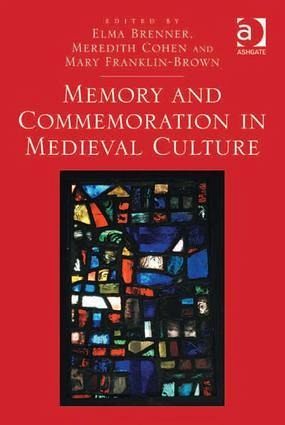
Memory and Commemoration in Medieval Culture
Versandkostenfrei!
Versandfertig in 1-2 Wochen
178,99 €
inkl. MwSt.

PAYBACK Punkte
89 °P sammeln!
In medieval society and culture, memory occupied a unique position. It was central to intellectual life and the medieval understanding of the human mind. Commemoration of the dead was also a fundamental Christian activity. Above all, the past - and the memory of it - occupied a central position in medieval thinking, from ideas concerning the family unit to those shaping political institutions. Focusing on France but incorporating studies from further afield, this collection of essays marks an important new contribution to the study of medieval memory and commemoration. Arranged thematically, e...
In medieval society and culture, memory occupied a unique position. It was central to intellectual life and the medieval understanding of the human mind. Commemoration of the dead was also a fundamental Christian activity. Above all, the past - and the memory of it - occupied a central position in medieval thinking, from ideas concerning the family unit to those shaping political institutions. Focusing on France but incorporating studies from further afield, this collection of essays marks an important new contribution to the study of medieval memory and commemoration. Arranged thematically, each part highlights how memory cannot be studied in isolation, but instead intersects with many other areas of medieval scholarship, including art history, historiography, intellectual history, and the study of religious culture. Key themes in the study of memory are explored, such as collective memory, the links between memory and identity, the fallibility of memory, and the linking of memory to the future, as an anticipation of what is to come.





